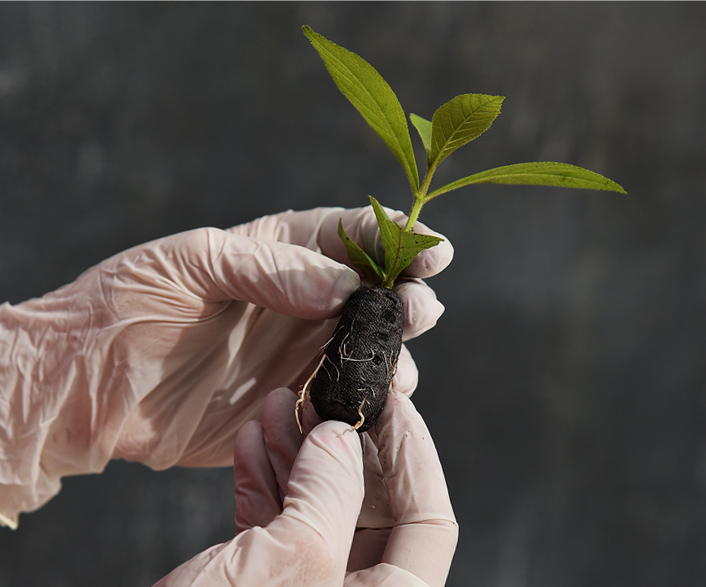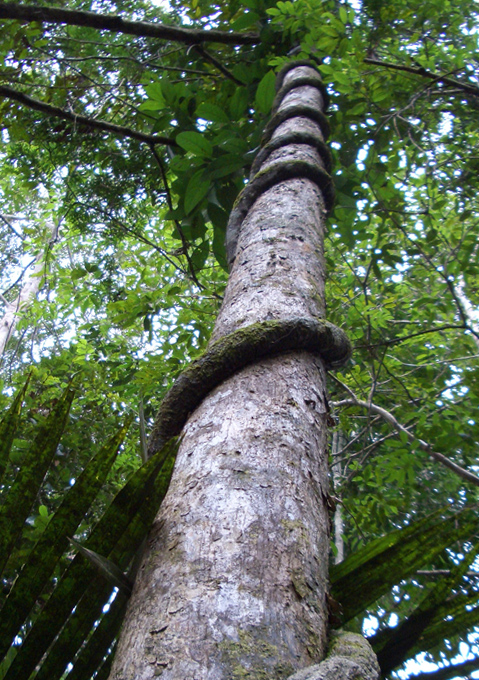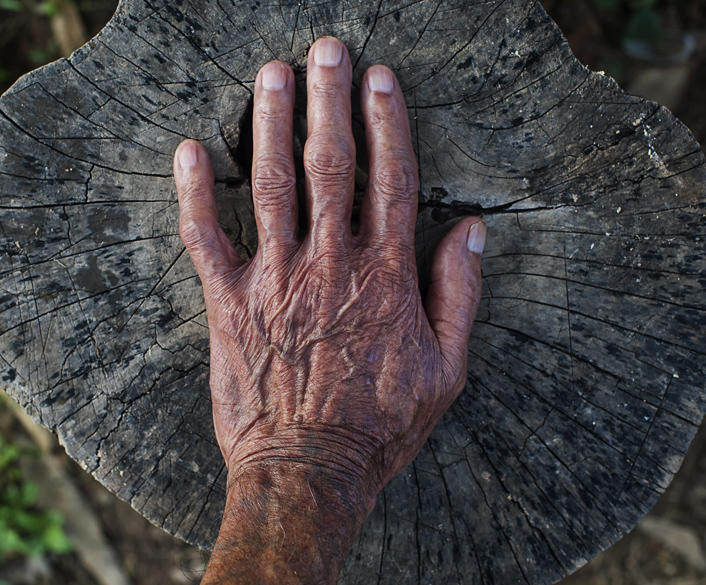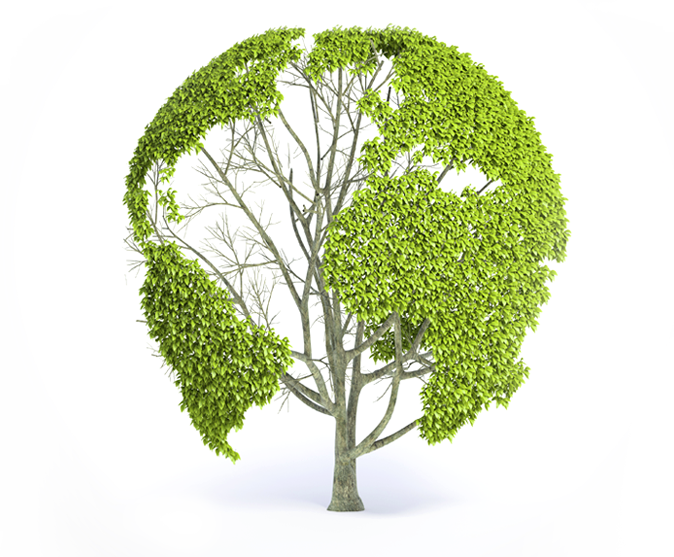
Renewable resource
Wood grows naturally and is infinitely renewable. Responsible forest management ensures that forests are legally managed and in a way that guarantees the growing demand for wood products for the future. Modern forest practices maintain a balance between protection of the forest, including water and soil quality, wildlife habitats and biodiversity, and respect for the interests of the participating communities and future generations.
Wood grows naturally and reduces environmental impact
The growing pressure to reduce the environmental impact of buildings commits designers to balance costs / functionality of the project with reduced environmental impact. Wood is an inexpensive material and a renewable resource that helps achieve this balance. The choice of building materials and decoration of the structures has a significant impact on the environment. It is important to consider the environmental impact of products’ life cycle. Wood products have less energy incorporated, they are responsible for less air and water pollution and overall have less environmental footprint than other building materials.


Reduced impact
Life cycle studies consider the environmental impact of materials throughout their life cycle, from extraction or production to processing, transportation, installation, use, maintenance, disposal or recycling. These studies always confirm that for the environment, wood is better than steel or cement in terms of built-in energy, air and water pollution, and the emission of greenhouse gases. In addition, the wood industry reduces waste by optimizing production operations and using chips or sawdust to produce paper, composite products, bio-fuels.
Trees and forest products are very important to help reduce climate change and reduce greenhouse gases. Using wood products that store CO2 and managing forests responsibly by balancing cutting and replanting can minimize our environmental footprint in the long run. Finally, people feel an instinctive attraction and connection with natural materials such as wood, which contribute significantly to individual well-being and harmony in the environment.


